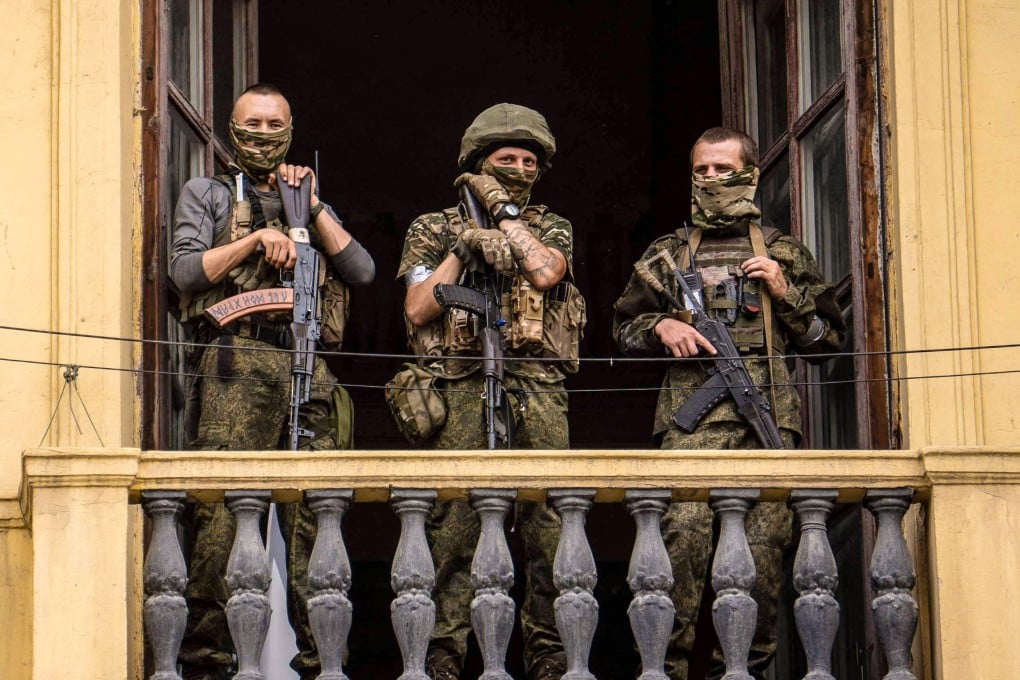Advertisement
Asian Angle | After Wagner Group, mercenaries prowl cyber grey zone amid rise in spy-for-hire services
- Cyber mercenaries have been expanding their footprint to take advantage of a larger market for spyware and cyber-offensive operations
- Discerning cybersecurity firms from cyber mercenaries becomes all the more challenging in the lawless expanse of the internet’s Wild West
Reading Time:3 minutes
Why you can trust SCMP
3

The Wagner Group’s brief mutiny in Russia has reignited the debate of governments contracting cyber mercenaries.
Advertisement
The group, founded in 2014 by Yevgeny Prigozhin and denounced by the United States as a transnational criminal organisation, had at its peak about 50,000 mercenary recruits fighting in Ukraine. It has been accused of unleashing a resurgence of mercenaries in conflicts.
The latest to expand their footprint – albeit in the shadows – are the cyber mercenaries prowling the grey zone between corporate cybersecurity and offensive cyber operations. Despite their expanding influence, they remain relatively unnoticed compared to their boots-on-the-ground counterparts.
Amid the growing number of sanctions on individuals and companies involved with the Wagner Group, the US Commerce Department on July 18 added two Europe-based spyware companies to its technology export blacklist.

The two firms – Greece-based Intellexa S.A. and Cytrox from Hungary – were blacklisted for developing and trafficking in cyber exploits used to gain access to information systems, thereby threatening the privacy and security of individuals and organisations worldwide.
Advertisement

Advertisement
